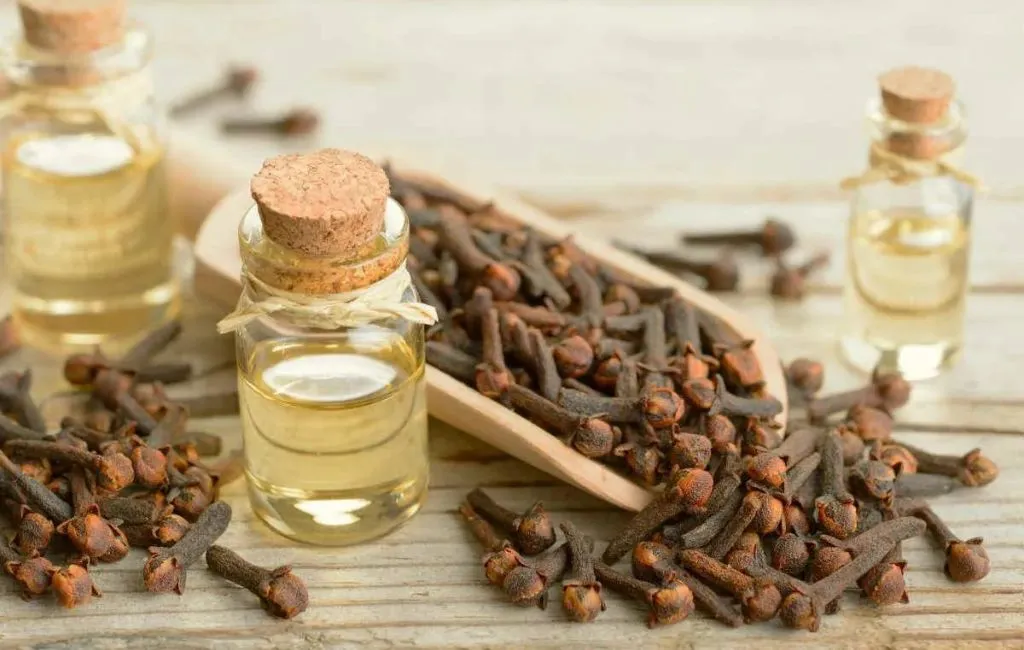Unveiling the Rich History of Cloves: Aromatic Gems
Cloves, like fragrant diamonds, lavishly fill our foods with warmth and depth, leaving an unforgettable imprint on our palates. Aside from their enticing aroma, these little spices have a history as rich and interesting as the tastes they provide. Immerse yourself in the interesting story of cloves, from their ancient roots to their modern-day, varied uses. Cloves have been cherished by ancient societies for thousands of years. According to historical records, the Chinese used cloves to sweeten their breath before approaching the emperor. Cloves have played an important part in influencing global events throughout history, demonstrating their eternal attractiveness and relevance.
The Origins...
The Syzygium aromaticum tree, a botanical marvel endemic to Indonesia’s lovely Maluku Islands, is at the core of the clove’s history. Known as the Spice Islands, these islands drew explorers looking for a desired monopoly on exotic spices during the Age of Exploration. The prized cloves came from the exquisite flowers of this tree, each bud bursting with a symphony of strong aromas and extraordinary medicinal capabilities.
Cloves, those fragrant flower buds, are members of the prestigious Myrtaceae family and are scientifically known as Syzygium aromaticum. Originating in the Maluku Islands, commonly known as the Moluccas, they are a well-known spice, adding flavor, scent, and charm to culinary creations and even making their way into consumer items such as toothpaste, soaps, and cosmetics. The voyage of cloves is a fragrant expedition that tracks back to the rich soil and tropical splendor of their Indonesian home, eternally intertwined with stories of discovery, commerce, and the appeal of the world’s most valued spices.
Culinary Uses of Cloves
Cloves are a staple in worldwide culinary traditions, attracting attention with their unique, powerful taste. Their slight sweetness makes them a popular complement to a variety of meals, bridging the gap between savory and sweet. Whether giving a comfortable warmth to mulled wines, a festive touch to Christmas hams, or a subtle twist to pickled fruits, cloves have the astonishing capacity to infuse dishes with a layer of unrivalled depth and complexity. Their flexibility in enhancing the essence of many cuisines has cemented their reputation as a key component, leaving an indelible impression on palates and plates worldwide.
Health Benefits of Cloves
Cloves provide a variety of health advantages in addition to their gastronomic appeal. They are an antioxidant powerhouse that fights free radicals and promotes general wellbeing. Their analgesic effects provide pain relief and have been utilized as a natural cure for toothaches and mouth irritation. Cloves may also help with digestive and respiratory health, making them a flexible complement to holistic wellness techniques.
Furthermore, cloves have proven therapeutic effects as well as a wealth of critical minerals. They are a good source of beta carotene, the pigment that gives them their unique brown color. Beta carotenes have antioxidant and pro-vitamin characteristics, and they ultimately convert to Vitamin A, which is essential for keeping healthy eyes and general well-being. Thus, including cloves into your diet not only tantalizes the taste senses but also benefits your general health tremendously.
Cloves in Aromatherapy and Essential Oils

Cloves have an enticing perfume that extends well beyond the culinary sphere. The extraction of clove essential oil from dried flower buds has made it a popular aromatherapy product. The oil’s welcoming warmth and spicy scent are said to provide comfort and encourage relaxation. Aside from its olfactory appeal, clove oil is valued for its potential antibacterial properties, making it a natural option for individuals seeking holistic wellbeing. Clove oil is a testimony to the flexibility and attractiveness of this olfactory gem, whether dispersed to create a pleasant environment or consumed for its possible health advantages.
Cooking with Cloves: Tips and Tricks
Cooking with cloves requires a certain amount of expertise. When choosing cloves, look for ones with a plump and oily appearance, since this indicates freshness. To keep their superb taste and power, keep them in sealed containers. An intriguing alternative for a more robust perfume is to crush cloves at home shortly before use. These simple yet powerful strategies will guarantee that the essence of cloves permeates your culinary creations, raising them to a new level of olfactory deliciousness.
Conclusion
Cloves’ significant effect on culinary, medicinal, and aromatic realms becomes clear as we conclude our investigation of their historical importance and various uses. Cloves have a long history of enhancing the flavor of festive feasts and instilling calm via aromatherapy. Their status as some of the best spices in Neyyattinkara emphasizes their importance as a global culinary staple. If you’re keen to explore the world of cloves, the possibility to purchase cloves online may be an attractive entrance, enabling you to enjoy their rich past as well as their multiple benefits for your culinary endeavors.
FAQs
Cloves may be traced back to the Maluku Islands, popularly known as the Spice Islands in Indonesia. These islands were previously known for having a monopoly on precious spices such as cloves.
No, cloves and allspice are separate spices with different origins. Cloves are generated from the flower buds of the Syzygium aromaticum tree, while allspice comes from the dried berries of the Pimenta dioica tree.
Cloves have a long history of being used as a natural toothache treatment. Because of their analgesic qualities, they are helpful in relieving mouth discomfort.
Consider adding whole cloves to soups, stews, and marinades when using cloves to infuse flavor into savory foods. To avoid overwhelming the meal, remove the cloves before serving.
Clove tea is said to provide a variety of health advantages, including improving digestion, strengthening the immune system, and relieving respiratory pain.
Yes, diluted clove oil may be administered topically to relieve mild aches and pains. Its putative analgesic qualities make it a preferred topical treatment.

